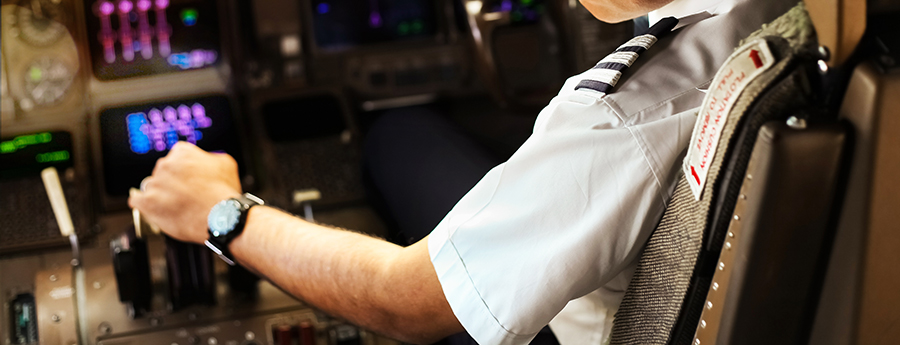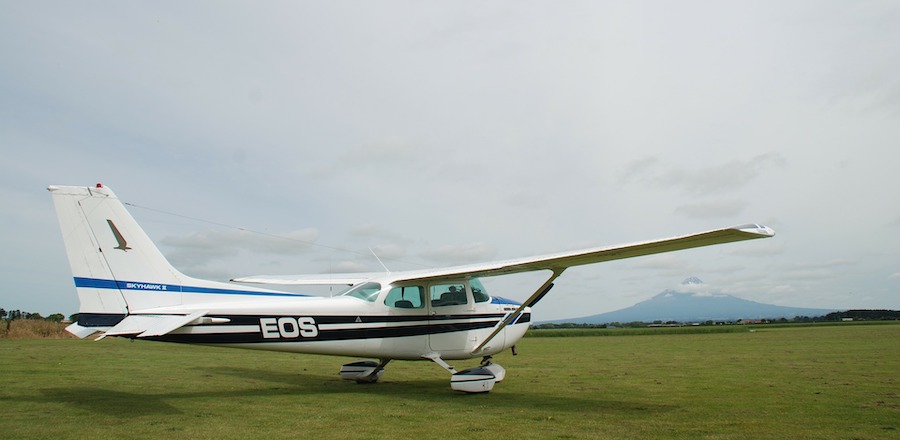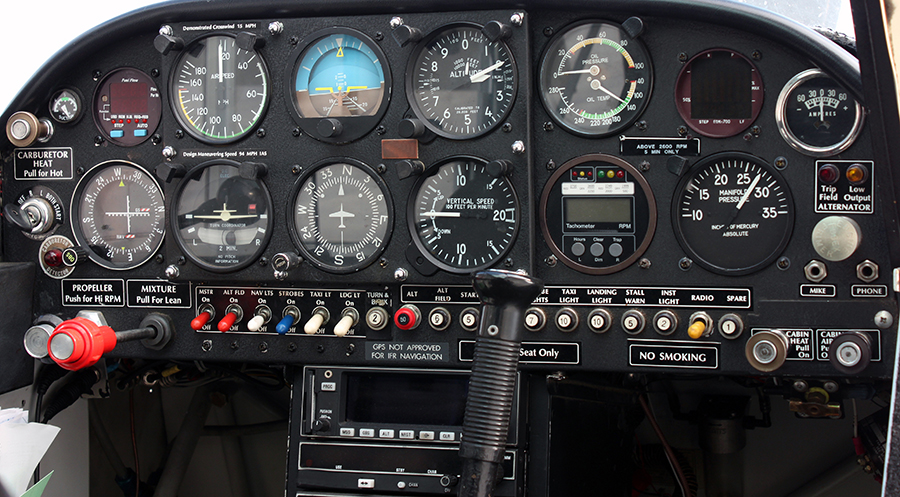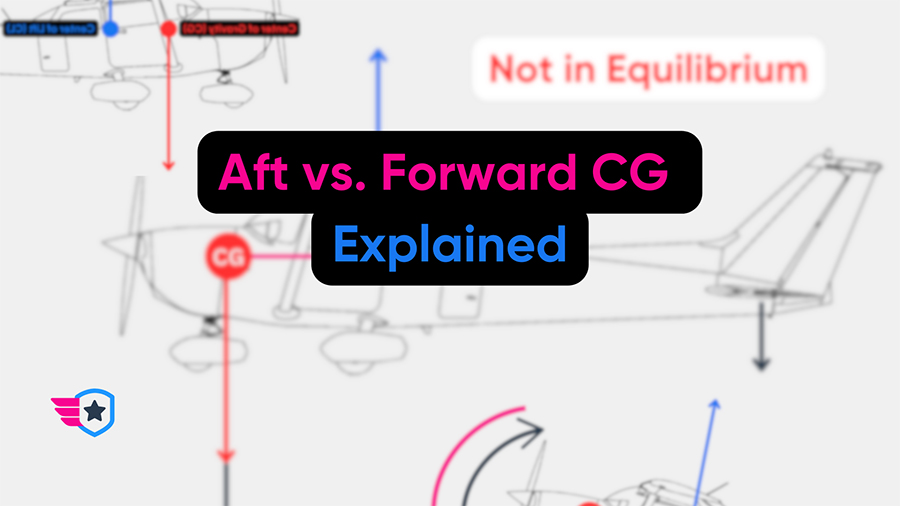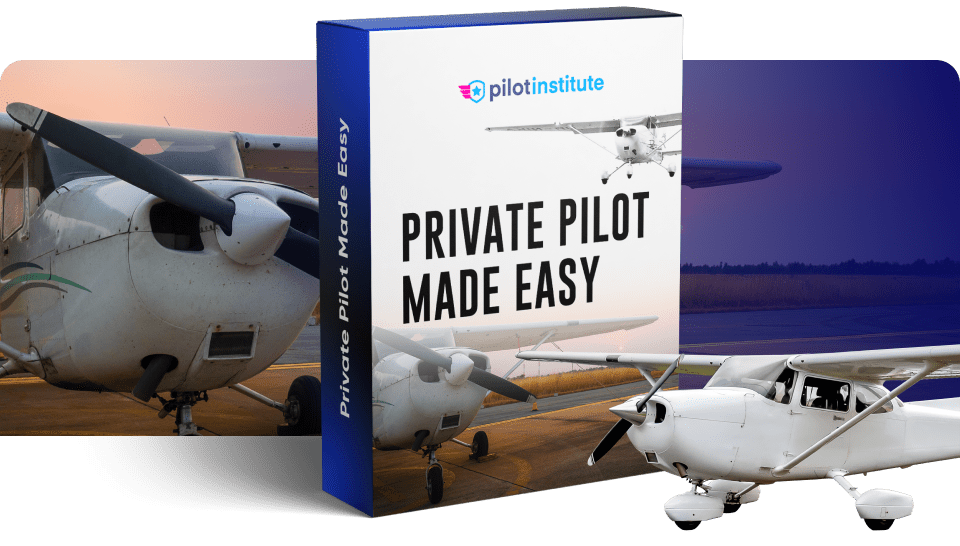If you are looking for a job in an airline, obtaining a Restricted ATP (R-ATP) will be required if you do not have an Airline Transport Pilot Certificate (ATP).
Whereas you could previously become a first officer at a Part 121 airline with only a Commercial Pilot Certificate and approximately 250 hours of flight time, you will now require the following to obtain your (R-ATP):
- 21 years of age
- A valid Commercial Pilot Certificate and Instrument Rating
- Pass the ATP knowledge and practical test
- Complete an Airline Transport Pilot Certification Training Program (ATP CTP)
- 1,500 hours total time* and 200 hours cross country time (*Reduced if you have previous military pilot experience or approved aviation university education)
This article will explain the details of the restricted ATP and how to obtain it as quickly as possible, allowing you to get into the right seat of a regional airliner as soon as possible.
What Is a Restricted ATP (R-ATP)?
As the demand for pilots increased during the early 2000s, airlines began hiring increasingly less experienced first officers. In some cases, a first officer, also known as the Second-In-Command (SIC), would complete their Commercial Pilot License and type rating for a specific aircraft and begin flying as a first officer on that aircraft, despite having no previous experience.
The Federal Aviation Administration (FAA) took notice and subsequently changed the rules regarding the requirements for airline (Part 121) first officers. In August 2013, the FAA required all SICs to hold an Airline Transport Pilot Certificate (ATP).
However, the FAA did make an exception for pilots with previous experience or training through specific training programs, allowing them to obtain an ATP with restricted privileges (R-ATP).
The restricted ATP allows SICs to fly for a Part 121 airline without obtaining a full ATP certificate. Once the SIC meets the hour requirements for the full ATP, their restricted ATP is automatically converted into a full ATP certificate.
Hour Requirements and Exceptions
Total Flight Time
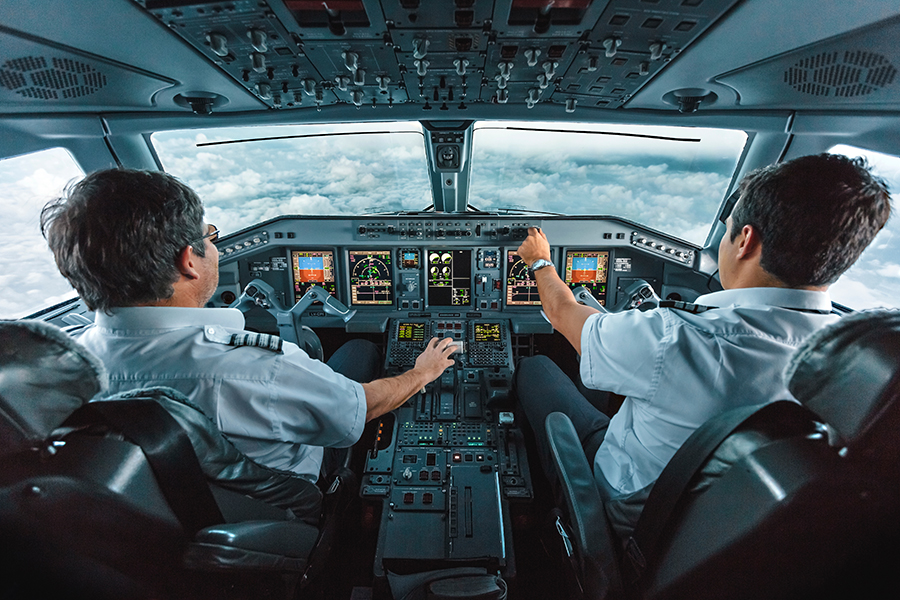
If you have specific previous experience or education, the 1,500 hours total time requirement is reduced. The exceptions are as follows:
- If you are a current or former U.S. military pilot, you only require 750 hours total flight time.
- If you graduate from an approved University with a Bachelor’s degree (four years) and a major in aviation, you only require 1,000 hours total flight time as long as you:
- Have completed at least 60 credit hours of aviation-related coursework, and
- hold a valid Commercial Pilot Certificate, obtained at the university’s Part 141 training program.
- If you have completed over 30 credit hours but less than 60 credit hours of aviation-related coursework, you require 1,250 total flight time.
- If you graduate from a college with an Associate’s degree and an aviation major (two years), you only require 1,250 hours total flight time as long as you:
- Have completed at least 30 credit hours of aviation-related coursework, and
- hold a valid Commercial Pilot Certificate, obtained at the university’s Part 141 training program.
- If you do not meet any of these exceptions, you require 1,500 hours total flight time, but only 200 cross-country flight hours, compared to the 500 cross-country flight hours needed for an unrestricted ATP certificate.
It is important to note that you must complete the flight training and university/college education at the same institution to be eligible for the hour requirement reduction.
For example, suppose you completed an associate’s degree with an aviation major but completed your flight training at a different institution. In that case, you will not be eligible for the hour requirement reduction. In this case, you will need 1,500 hours total time and 200 hours cross-country time to obtain your ATP-R.
Be sure to contact the aviation university’s representative if you have any questions regarding their training program.
Other Hour Exceptions
Other hour exceptions are made to the ATP requirements for the restricted ATP. Here is a list of the other exceptions:
- Total time:
- 100 hours of your total flight time requirement can be performed in a flight simulator or flight training device if the hours are flown as part of an approved training course at a Part 121, 135, 141, 142 flight school.
- Each landing above 20 night landings counts as an hour of night flight time, up to a maximum of 25 hours.
- 25 hours of the 50 hours multi-engine flying time required can be performed in a full flight simulator as long as it is included in an approved the flight training program
- 25 of the 75 hours of instrument flight time can also be performed in a flight simulator or flight training device
What is the ATP CPT?
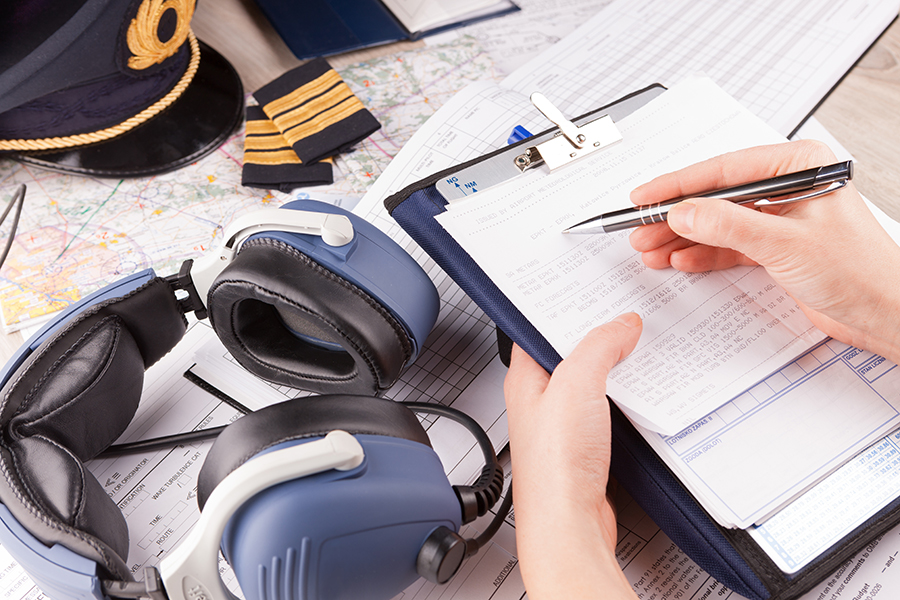
Before undergoing the ATP written exam, you must complete the Airline Transport Pilot Certification Training Program (ATP CTP). This applies to both the unrestricted (full) ATP and the restricted ATP (R-ATP).
The ATP CTP is training intended to help pilots transition into an airline environment. The training includes ground school focusing on the practical application of skills in an airline and flight training in a simulator.
ATP CTP training is usually provided by an airline after you are hired. This training is included in the initial training program you will undergo before becoming a first officer at an airline. Alternatively, your university or flight school may offer this training.
What is a Frozen ATP?
There is, understandably, confusion regarding the difference between a frozen ATP and a restricted ATP.
A frozen ATP is an international term used to refer to a pilot who has completed the ATP theoretical examinations but does not have the hour requirements. This term does not apply to U.S. pilots.
In contrast, the restricted ATP has a specific hour and training requirements and only applies to Federal Aviation Administration (FAA) licenses.
Conclusion
The restricted ATP is a great way to accelerate your aviation career and enhance your chances of landing a job at an airline.
While obtaining a restricted ATP certificate may not be the best route for you, it is worth investigating as a possible fast-track to the airline.
